What are Organic fertilizers?
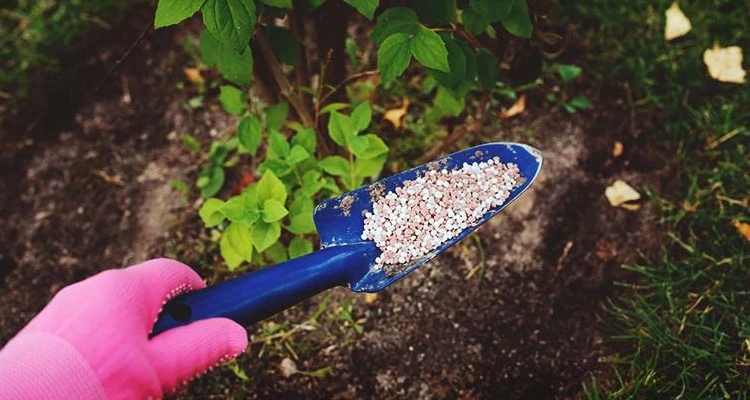
Fertilizers (Organic) are fertilizers that are produced consistently and also they are carbon-containing fertilizers. Some peculiar organic fertilizer includes animal waste, newspaper, slurry, peat, all mineral sources. Also, the use of organic fertilizer has the very good advantage of being cheap but the quality is best. You can also see the improvement of soil.Organic fertilizers are fertilizers that are produced consistently and also they are carbon-containing fertilizers. Some peculiar organic fertilizer includes animal waste, newspaper, slurry, peat, all mineral sources. Also, the use of organic fertilizer has the very good advantage of being cheap but the quality is best. You can also see the improvement of soil.
What is Peat?
Peat is something related to the surface layer of soil that has been accounted for various purposes like a slough, earth, wetlands, grass, etc. Also, it is only partially decomposed. Also, peat is sometimes credited as the most widely used organic fertilizer. It is accumulated under various conditions of water logging, deficiency of oxygen, high acidity, and also it is deficient in nutrients.
What Is Slurry?
The slurry is vigorous or denser. We can say that slurry is a mixture of compost and water. Commonly, it is used by farmers as a consistent fertilizer for making good use of their crops. The most common use of slurry is as a means of transporting solids, the liquid being a carrier that is pumped on a device such as a centrifugal pump. Also, the size of solid particles may vary from 1 micron up to hundreds of millimeters.
What are the examples of Organic Fertilizers?
MANURE, SLURRY, COMPOST, GREENSAND, SEAWEED (kelp), GUANO, WORM, CASTINGS.
What are Mineral sources?
Normally minerals are iron, calcium, potassium, nitrogen, and many more but the sources of the mineral include legumes, loaves of bread, fish, meat, leafy greens, green vegetables, etc. All the nutrients contained in different fertilizers are found in nature. The most common sources of nutrients in mineral fertilizers are (NPK) nitrogen, potassium, and phosphate. Potassium fertilizers are based on conventionally occurring potassium chloride (KCl).
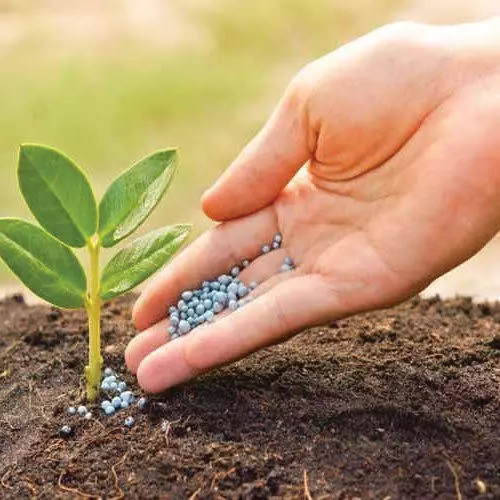
How to use organic fertilizer?
You decently use organic fertilizer in the very same way you would use in systematic chemical fertilizer. If you are purchasing premade supplies, the process is sufficiently simple. Look through the instructions on the box and err on the side of caution when you decide how much to apply. (HINT: It’s always a good idea to escape from strong-smelling products such as fish emulsion products.)
Although if you want to merge up your fertilizer for your particular garden need that you have, you can generally do that as well. Also, just be attentive or cautious not to overdo it to avoid blazing (burning) or even killing sensitive plants.
What are the Advantages of Organic fertilizers?
-
Works long, stays for a longer time
-
Cheap and easily available
-
Eliminates infection (disease)
-
Atmospherically safe
-
Available in an expansive range
-
Improves the soil condition
-
Modest and cost-effective fertilizer
-
Full of nutrients.
What are the Disadvantages of Organic fertilizers?
-
The consistency to produce the product is not created equally and also many products produce an inconsistent result.
-
Low nutrition and the level of nutrients present in organic fertilizer are mainly low.
-
The peculiar procedure is DIY composting.
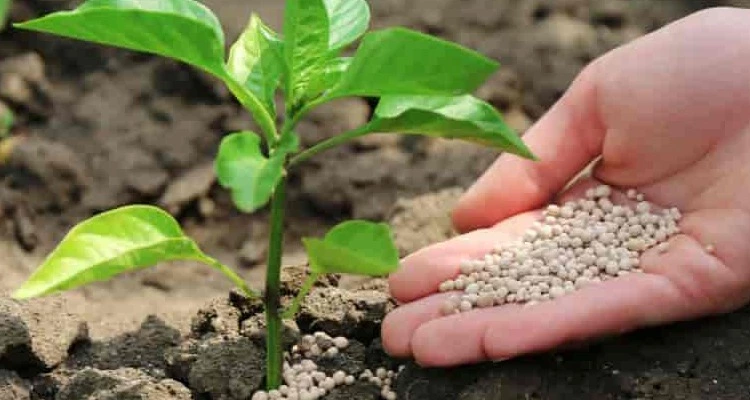



 Indoor Plant Fertilizers
Indoor Plant Fertilizers  Potted Plant Fertilizers
Potted Plant Fertilizers 


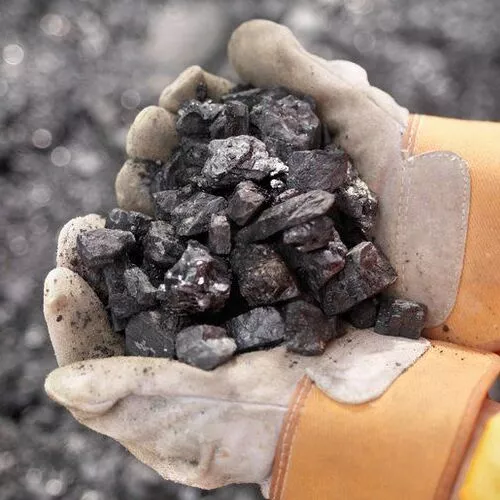
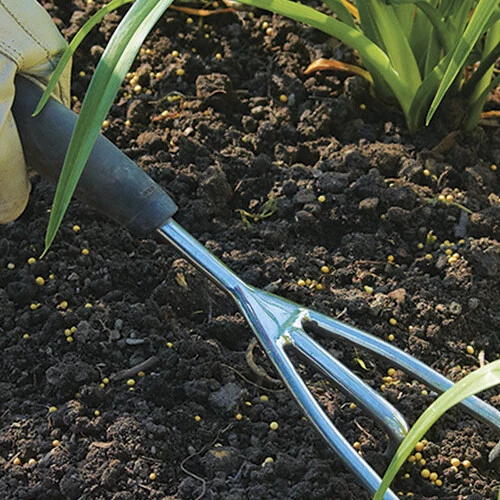
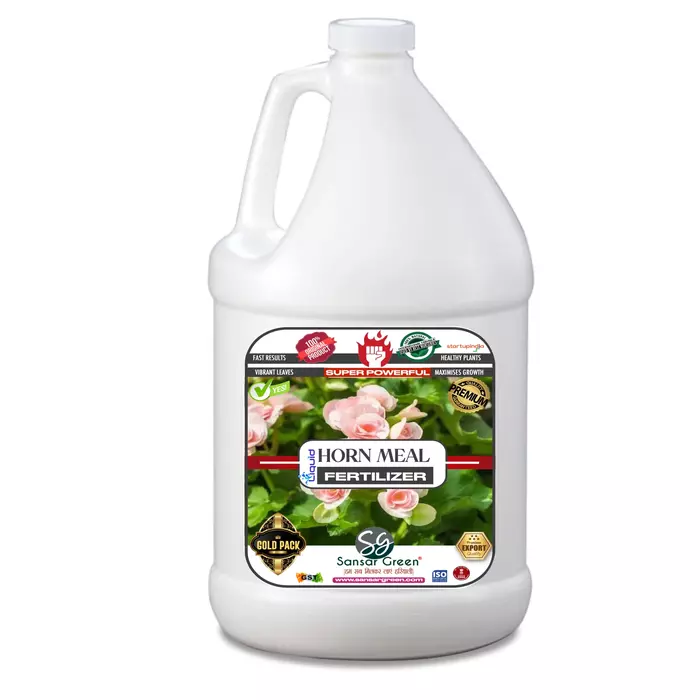
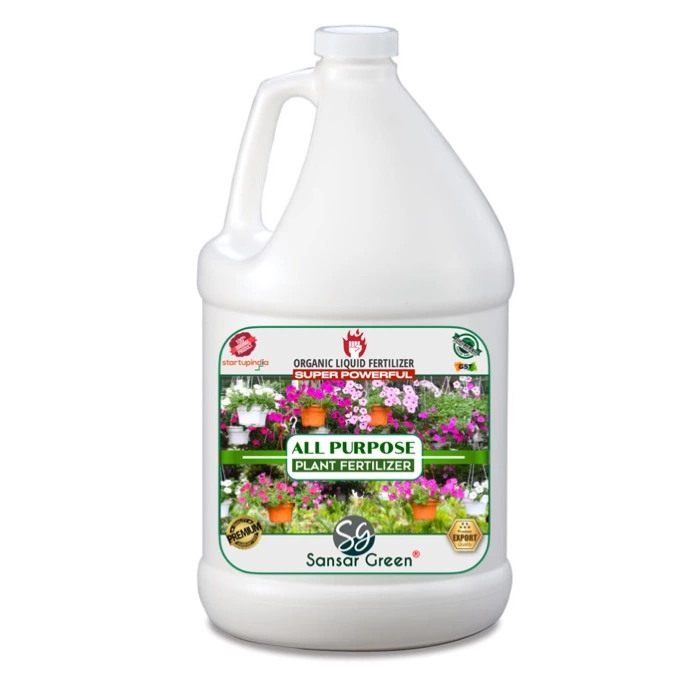
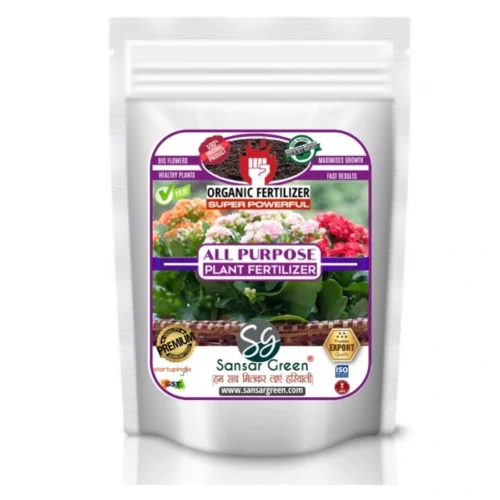
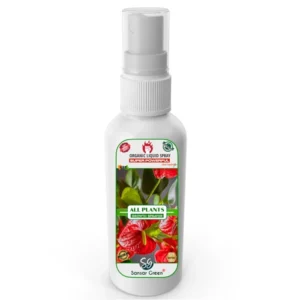
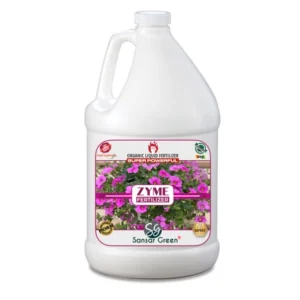
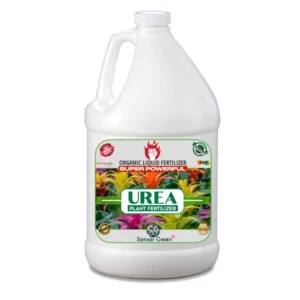
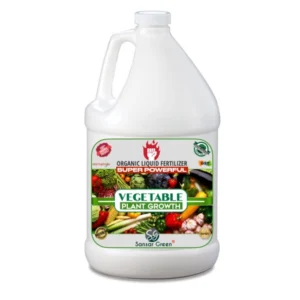
 Hibiscus Fertilizer
Hibiscus Fertilizer Bougainvillea Fertilizer
Bougainvillea Fertilizer Orchid Fertilizer
Orchid Fertilizer Carnation Fertilizer
Carnation Fertilizer Azalea Fertilizer
Azalea Fertilizer Plumeria Fertilizer
Plumeria Fertilizer Growth Fertilizer +
Growth Fertilizer + Succulent Fertilizer
Succulent Fertilizer Indoor Plant Fertilizer
Indoor Plant Fertilizer Money Plant Fertilizer
Money Plant Fertilizer Lawn Grass Fertilizer
Lawn Grass Fertilizer Lucky Bamboo Fertilizer
Lucky Bamboo Fertilizer Areca Palm Fertilizer
Areca Palm Fertilizer Tulsi Fertilizer
Tulsi Fertilizer Tea Plant Fertilizer
Tea Plant Fertilizer Fruit Fertilizer +
Fruit Fertilizer + Lemon Fertilizer
Lemon Fertilizer Mango Fertilisers
Mango Fertilisers Grape Fertilizer
Grape Fertilizer Guava Fertilizer
Guava Fertilizer Papaya Fertilizer
Papaya Fertilizer Coconut Fertilizer
Coconut Fertilizer Litchi Fertilizer
Litchi Fertilizer Orange Fertilizer
Orange Fertilizer Strawberry Fertilizer
Strawberry Fertilizer Iron Dust Fertilisers
Iron Dust Fertilisers Micro-Nutrients
Micro-Nutrients Seaweeds Fertilizer
Seaweeds Fertilizer Carbon Dust Fertilizer
Carbon Dust Fertilizer Slow Release Fertilizer
Slow Release Fertilizer Vegetable Fertilizer +
Vegetable Fertilizer + Capsicum Fertilizer
Capsicum Fertilizer Tomato Fertilizer
Tomato Fertilizer Chilli Fertilizer
Chilli Fertilizer Coriander Fertilizer
Coriander Fertilizer Leafy Veg Fertilizer
Leafy Veg Fertilizer Flower Fertilizer
Flower Fertilizer Liquid Lemon Fertilizer
Liquid Lemon Fertilizer Liquid Drops +
Liquid Drops + Hydroponic Fertilizer
Hydroponic Fertilizer Office Plants
Office Plants Table Top Plants
Table Top Plants Indoor Plants
Indoor Plants Bathroom Plants
Bathroom Plants Bed Room Plants
Bed Room Plants Study Room Plants
Study Room Plants Cactus Plants
Cactus Plants Good Luck Plants
Good Luck Plants Succulent Cactus Plants
Succulent Cactus Plants Kitchen Plants
Kitchen Plants Flower Plants
Flower Plants Herbal Plants
Herbal Plants Mealybug Remover
Mealybug Remover insecticide
insecticide Fungicide
Fungicide Pesticide
Pesticide Herbicide
Herbicide Weedicide
Weedicide Power Tools
Power Tools Planter
Planter Pebbles
Pebbles
 Sansar Green
Sansar Green



